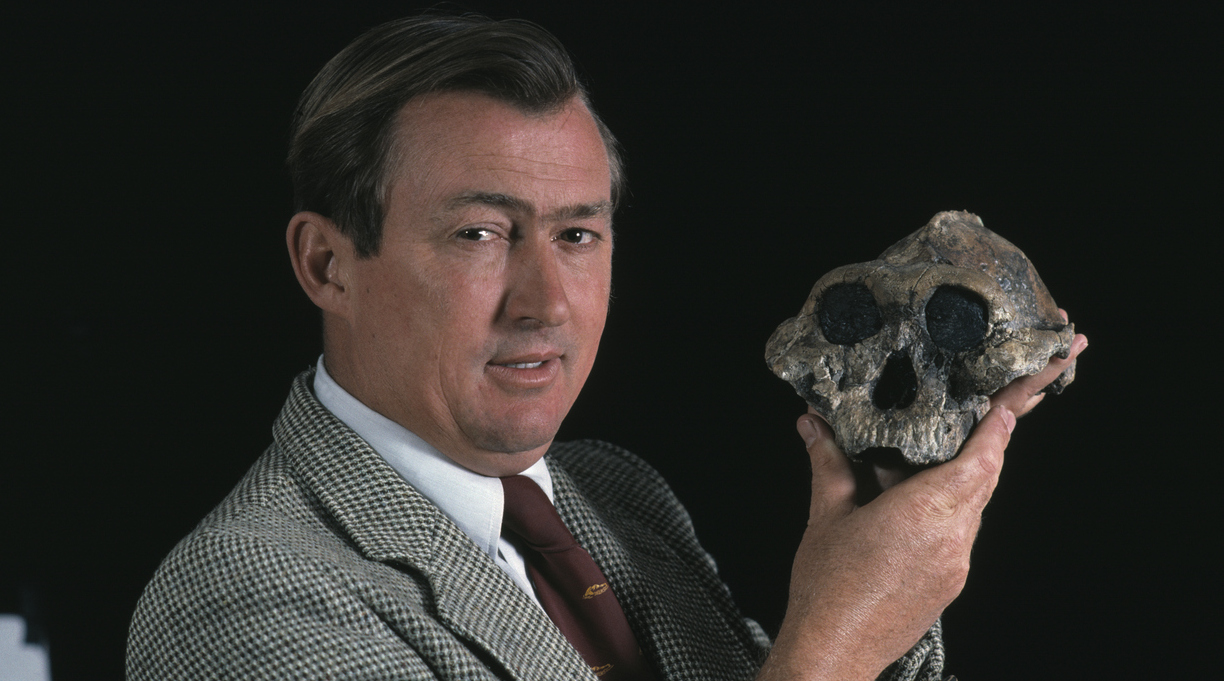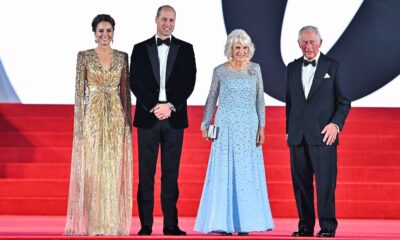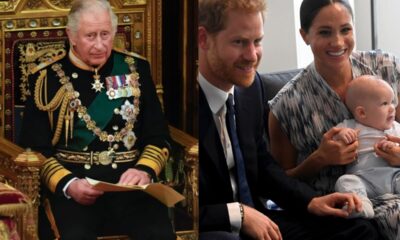Royal Family News
Prince William Mourns the Death of Kenyan Conservationist Richard Leakey
The world-renowned conservationist, Richard Leakey, has died at the age of 77.
The Kenyan paleoanthropologist and fossil hunter, whose groundbreaking discoveries helped prove that humankind evolved in Africa, passed away on Sunday, according to the country's President.
The Duke of Cambridge, Prince William, who is currently spending the Christmas break with his family in Norfolk, has personally spoken out over the death of the conservationist.
In a tweet, Prince William paid personal tribute to the inspirational Richard Leakey, whom he had the privilege of meeting.
The Duke wrote, “I am very sad to hear of Richard Leakey's death.
He was an inspirational and courageous conservationist, and he transformed the Kenyan Wildlife Service and valiantly spearheaded efforts to stop elephant poaching.
Conservation has lost a true visionary.”
Trending:
The tweet was signed off with the letter W, to denote it belongs to a personal tweet.
Prince William's work on conservation is long established, and he was praised by the Queen in her Christmas Day message this year.
He has been a patron of wildlife charity Tusk since 2005.
During a visit to Kenya, Namibia, and Tanzania in the autumn of 2018, William met frontline conservation workers and those from local communities, which led him to come up with the idea for his climate change initiative, the Earth Shot Prize.
Leakey was born on December 19, 1994, and was destined for paleoanthropology, the study of human fossil records, as the middle son of Louis and Mary Leakey, perhaps the world's most famous discoverers of ancestral hominids.
Initially, Leakey tried his hand at safari guiding, but things changed when he won a research grant from the National Geographic Society at the age of 23 to dig on the shores of northern Kenya's Lake Turkana, despite having no formal archaeological training.
In the 70s, Leakey led expeditions that recalibrated scientific understanding of human evolution with the discovery of the skulls of Homo habilis, 1.9 million years old, in 1972, and Homo erectus, 1.6 million years old, in 1975, as the slaughter of African elephants reached a crescendo in the late 1980s.
Driven by insatiable demand for ivory, Leakey emerged as one of the world's leading voices against the then-legal global ivory trade.
President Daniel Arap Mowi appointed Leakey to lead the National Wildlife Agency in 1989, soon to be named the Kenya Wildlife Service.
In 1993, his small Cessna plane crashed in the Great Reef Valley, where he had made his name.
He survived but lost both legs.
At the time of his death, Leakey was serving as chairman of the Turkana Basin Institute at Stony Brook University in the United States, which worked to facilitate research and education in paleontology and archaeology in northern Kenya.
Top stories:



























































